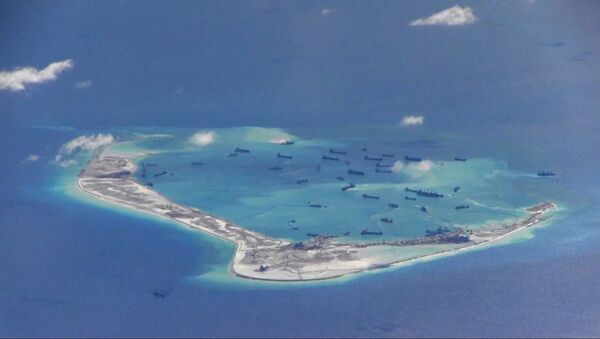Recently Manila has requested arbitration which is seen as a strategic move in order to attract attention and solicit support for its claims, Chinese media reports.
As a result of such claims, US Pacific Fleet Commander Scott Swift flew a “seven-hour maritime surveillance mission” over the South China Sea on Saturday aboard a P-8A Poseidon aircraft as part of his recent visit to the Philippines.
But despite such a tense situation, experts say court is not the place to resolve South China Sea disputes as the subject is more about politics than law.
“The history regarding the South China Sea issue is complex and confusing and the merit of the respective claims is not likely to be resolvable in a simple black and white way,” said Michael O'Hanlon, director of Research on Foreign Policy at the Brookings Institute in Washington DC.
Similarly, a Chinese expert said that the Philippines threatens to uproot previous gains toward a peaceful solution. By disregarding China's opposition and taking the case to an international tribunal, Manila's policy inflicts a heavy toll on mutual trust between Manila and Beijing.
China has constantly implemented restraint over various provocations by the Philippines and insists that the South China Sea disputes be resolved through bilateral talks.


